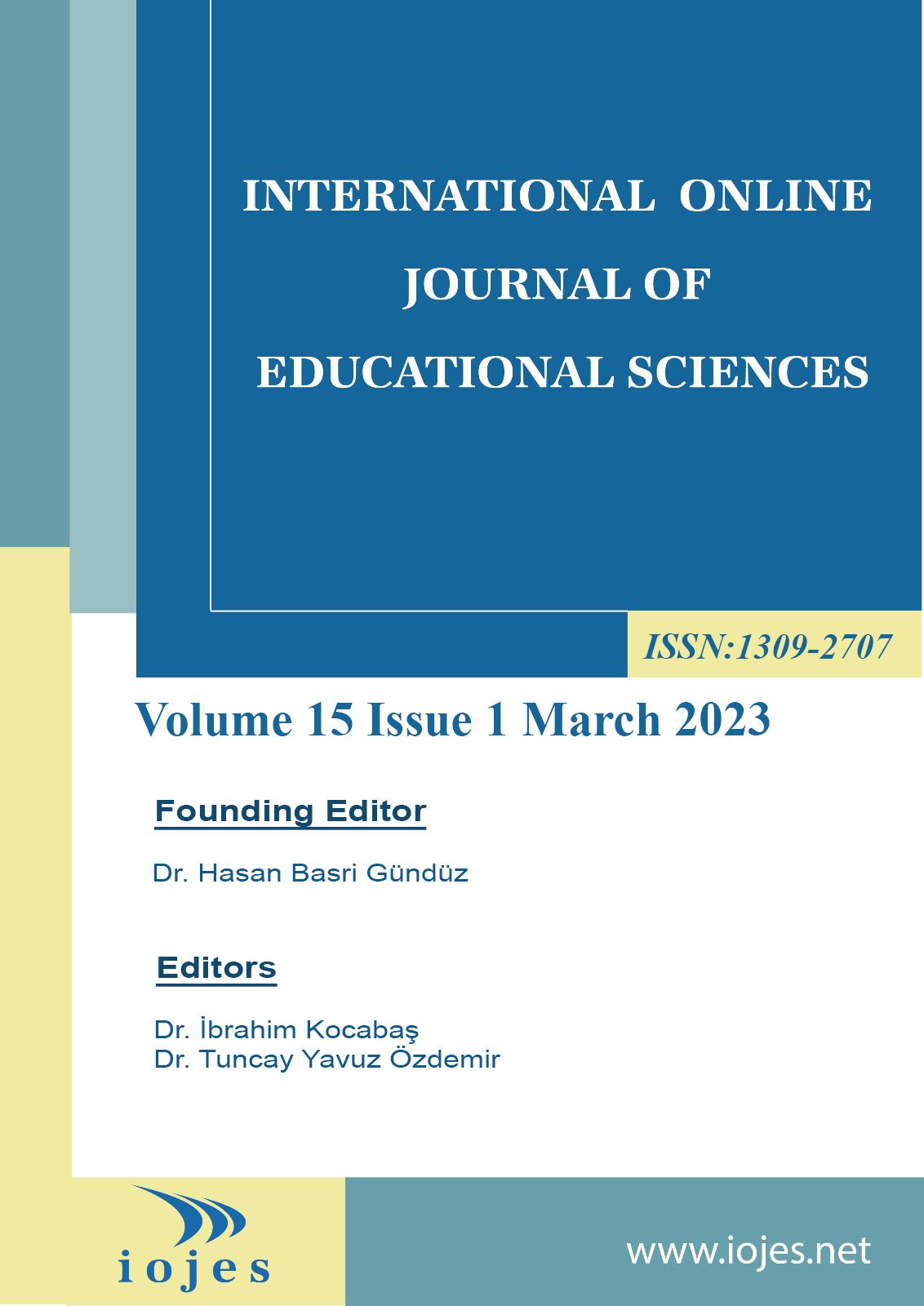Author :
Abstract
Keywords
Abstract
The aim of this study is to determine the tolerance attitude levels of preservice teachers in terms of various variables. The research was conducted in the survey model. The sample group consisted of first-year students attending the Faculty of Education at Fırat University in the 2019-2020 academic year. The entire population was included as the sample. A total of 489 students was included in the study. The “Teacher Candidates Tolerance Scale”, developed by Gül and Alimbekov (2018) and adapted by Gül, Karataş, and Borkoev (2019) into Turkish were used as data collection tools in the study. During the data analysis, firstly, the Kolmogorov-Smirnov test was applied to determine whether the data were normally distributed or not. The independent samples t-test was used to compare the normally distributed data based on the variables of gender and preferring willingly their department, and the variance test was used to compare the data based on the variables of the department, mother’s education level, father’s education level, mother’s profession, and father’s profession. Mann Whitney U test was used to compare the data that were not normally distributed based on the variables of gender and preferring willingly their department. Kruskal Wallis H test was used to compare the data based on the variables of the department, mother’s education level, father’s education level, mother’s profession and father’s profession. The results of the study showed that both female and male preservice teachers had very high levels of tolerance attitudes. Preservice teachers who studied in the Department of Social Studies Teaching and preferred willingly their department had higher levels of tolerance attitudes.





